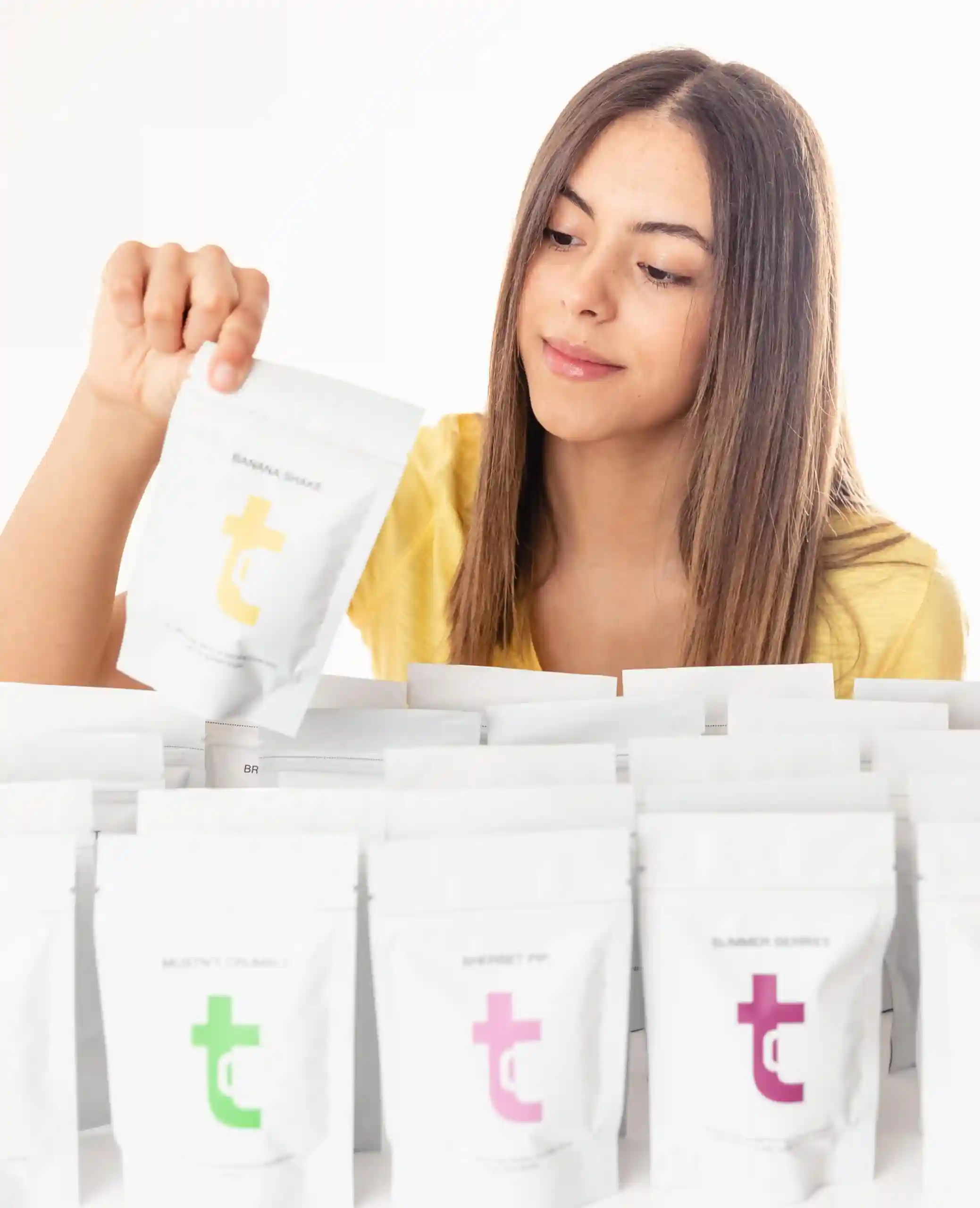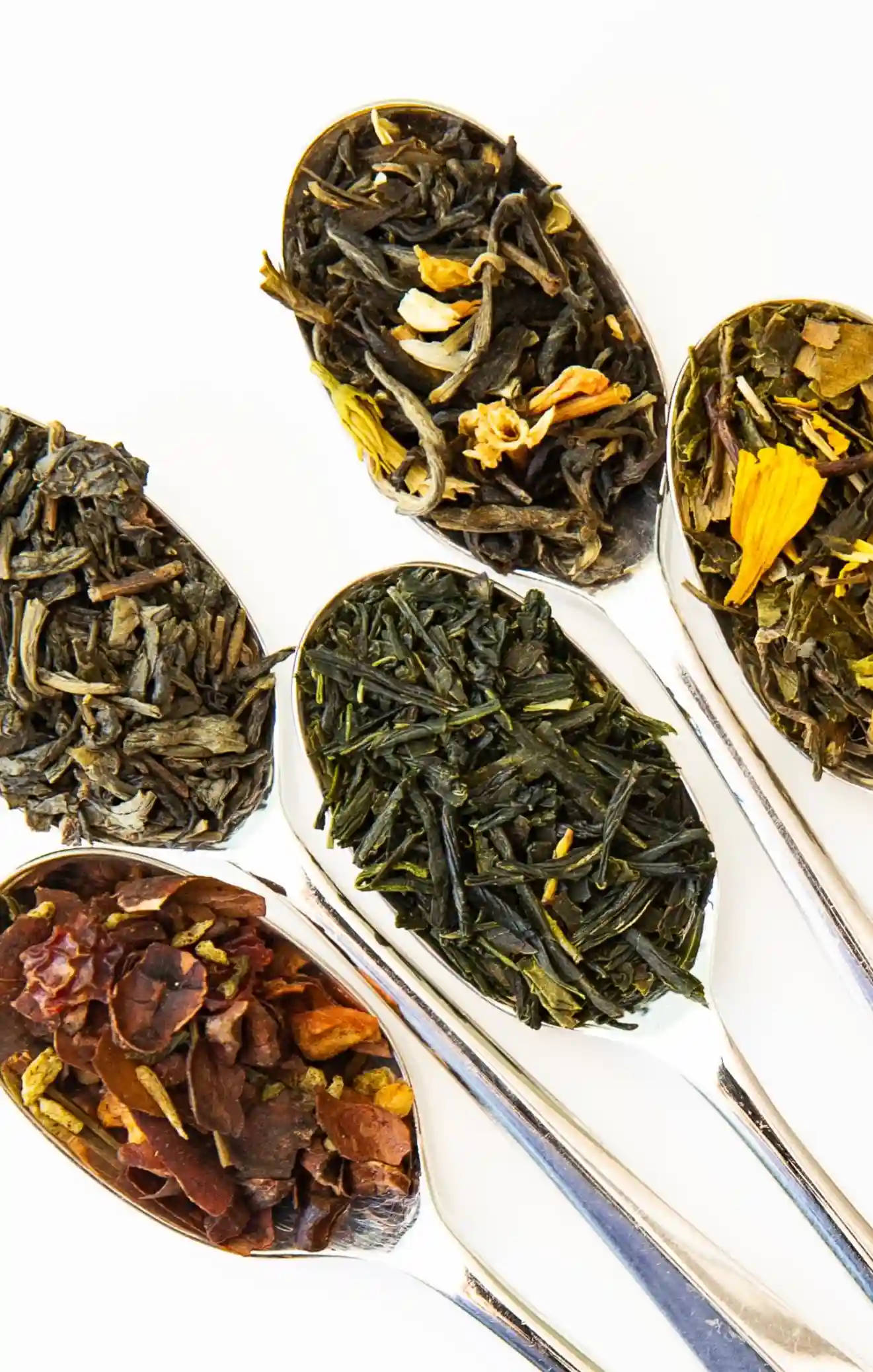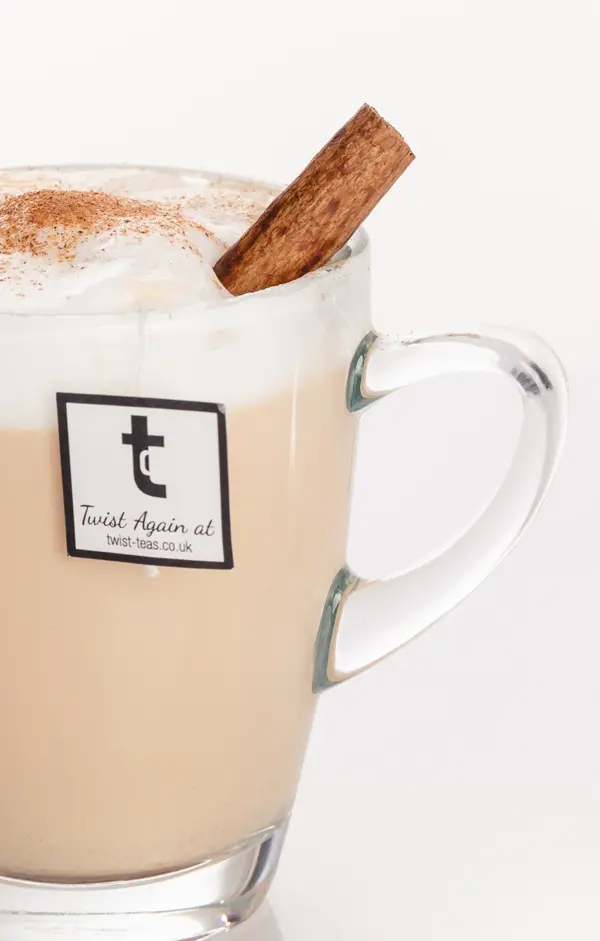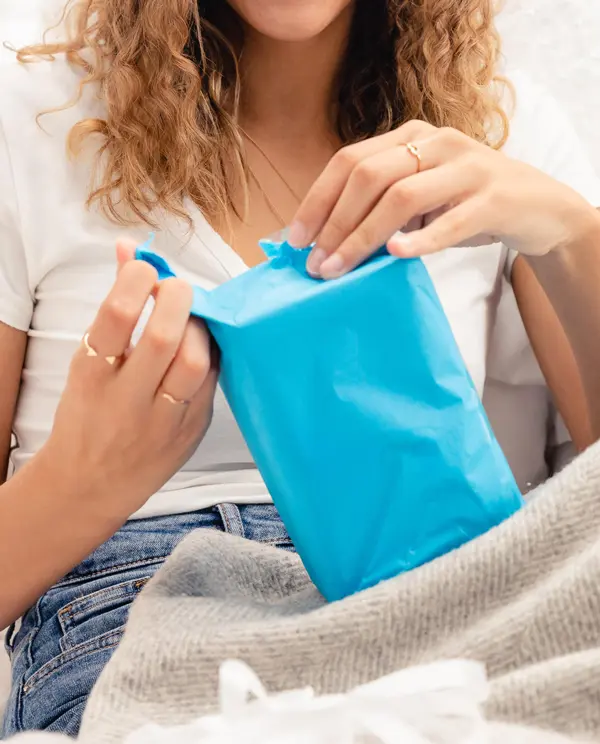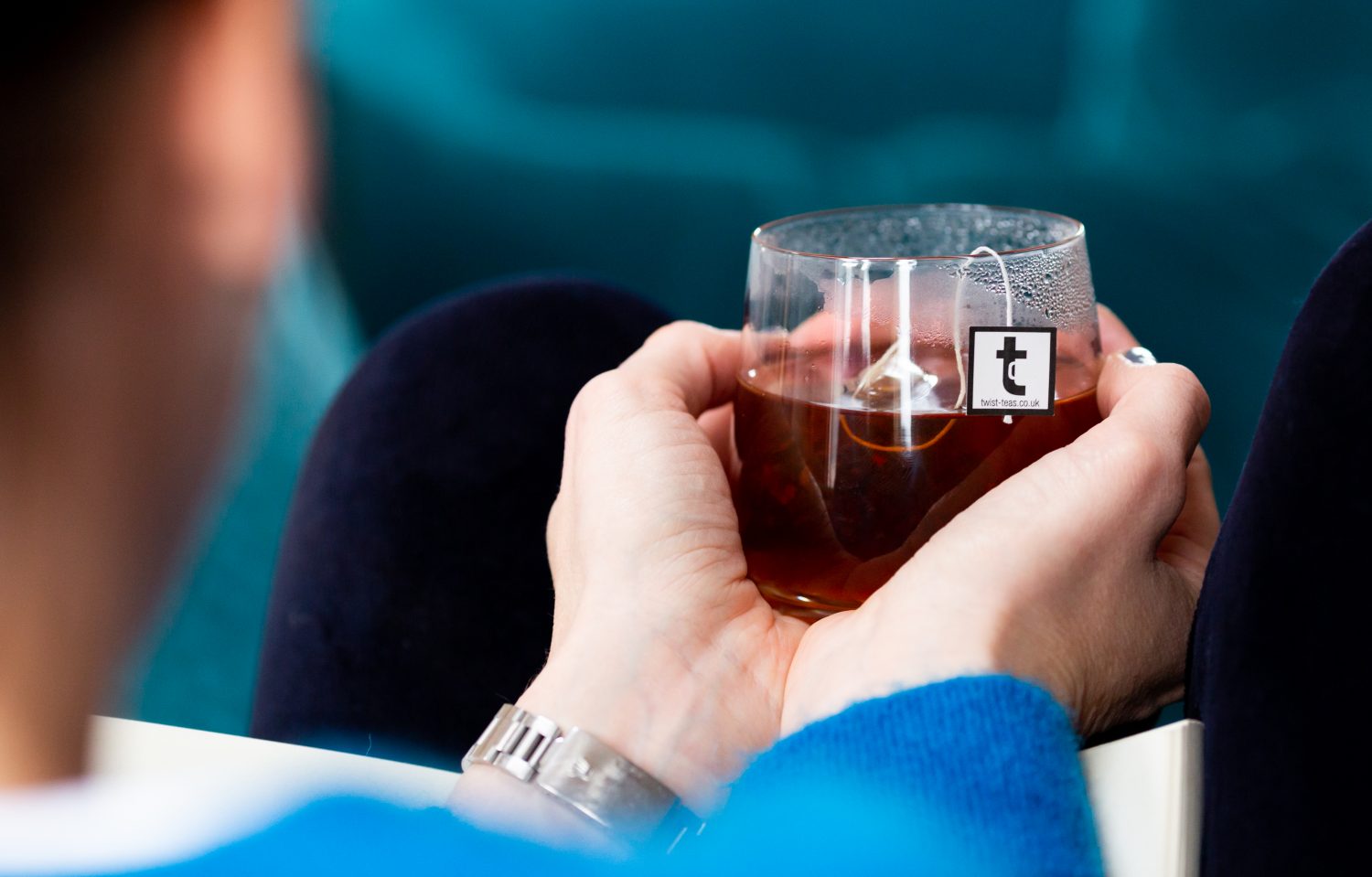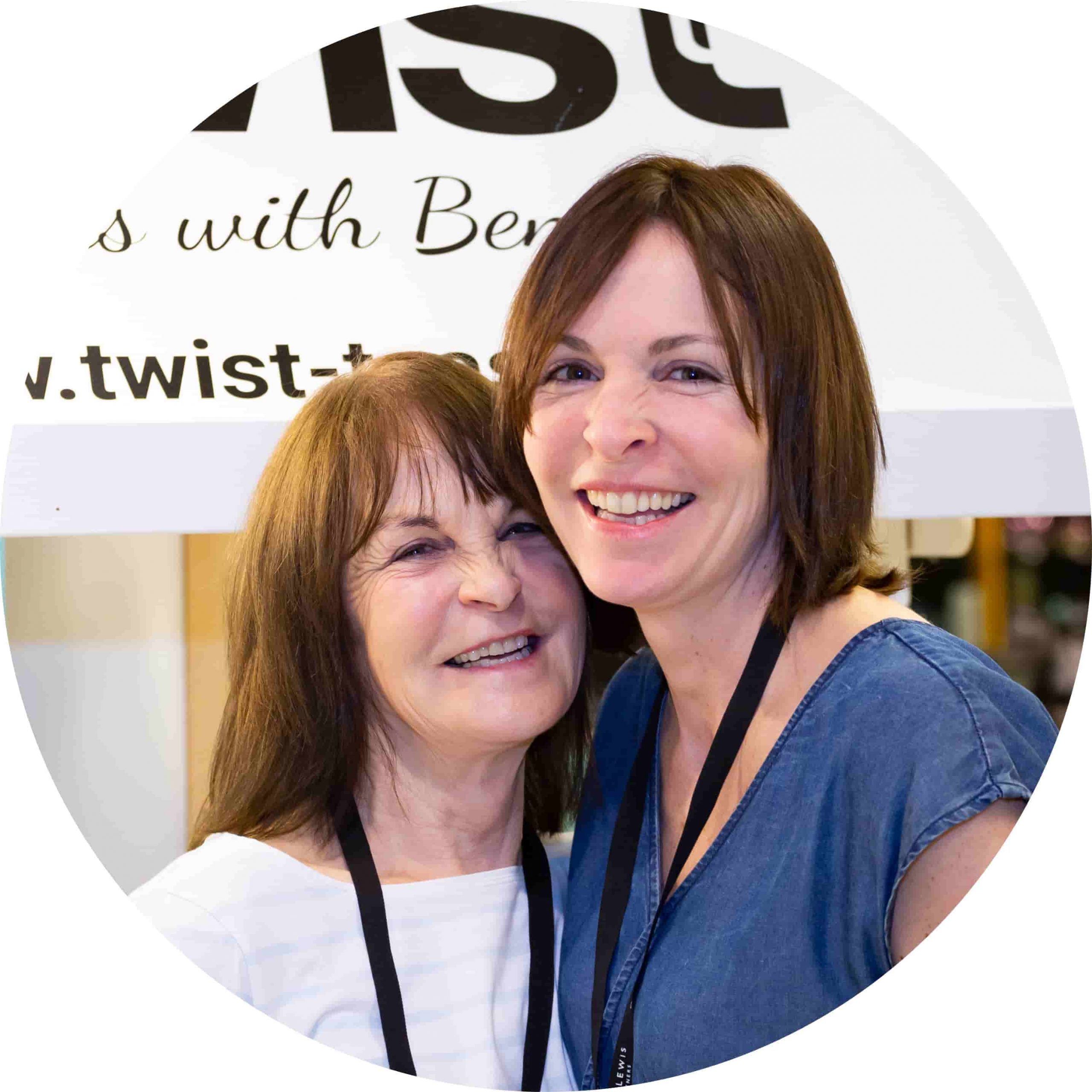Did you know that after water, tea is the most consumed beverage in the world? According to the UK Tea and Infusions Association there are over 100 million cups of tea consumed in the UK per day[i]. There is a really cool counter on their website showing the number of cups continually being devoured – the counter leaps about 1200 per second. This accounts for all types of tea: black, green, white, yellow, herbal.
First drink of the day? A cup of tea. Approaching a state of hypothermia? Reach for that thermos of tea. Feeling hot? I know people who swear a cup of tea will cool them down. Going into shock due to a traumatic event? You will be encouraged to drink hot, sweet tea. In need of comfort? You guessed it, have a cup of tea. Catching up with friends, yep, tea is the drink of choice. Unless it’s night-time and you are in a pub, but that’s another story…
Out of all the available types of tea, black tea is one of the most popular in the UK. What is the big deal about black tea? Why is it so popular? I do happen to know people (well, two to be exact) who do not like black tea, never have, probably never will. But they are in the minority in the UK. It is almost socially unacceptable to say you don’t want a cuppa, especially if you are British. Tea is our go-to drink in so many situations we don’t often give it much thought.
We might not all agree on what is the best time of day to enjoy tea but it is likely that we take the humble cuppa for granted. At Twist we decided it was high time that we addressed this by sharing our collective knowledge on all things black tea:
What is black tea?
Many people ask, is black tea the same as regular tea? Black tea goes by many names: a cuppa, a brew, builders tea, to name a few. In the UK, when we talk about a ‘cup of tea’ we usually mean a breakfast tea blend, whether it be English, Scottish, or Irish.
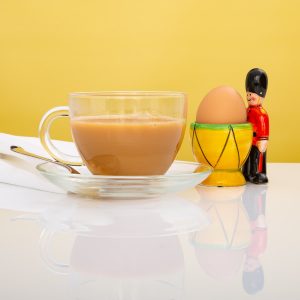 After water, black tea is one of the most popular beverages in the world[ii]. Black tea is a drink made from the oxidised leaves of the Camellia sinensis plant. This modest plant is responsible not only for black tea, but also green, white and yellow teas. To make black tea, the leaves are picked and withered before being rolled, oxidised (exposed to air), and finally, dried. The dried leaves are sorted and graded by size (whole leaf through to dust) and prepared for packaging. At Twist we select only the finest whole leaf tea and our tea is hand blended to ensure it reaches the consumer in pristine condition. The term ‘black tea’ comes from the colour of the leaves once oxidised. It is called black tea whether we add milk or not. In China black tea is called ‘red tea’, due to the colour of the drink that is brewed from these leaves.
After water, black tea is one of the most popular beverages in the world[ii]. Black tea is a drink made from the oxidised leaves of the Camellia sinensis plant. This modest plant is responsible not only for black tea, but also green, white and yellow teas. To make black tea, the leaves are picked and withered before being rolled, oxidised (exposed to air), and finally, dried. The dried leaves are sorted and graded by size (whole leaf through to dust) and prepared for packaging. At Twist we select only the finest whole leaf tea and our tea is hand blended to ensure it reaches the consumer in pristine condition. The term ‘black tea’ comes from the colour of the leaves once oxidised. It is called black tea whether we add milk or not. In China black tea is called ‘red tea’, due to the colour of the drink that is brewed from these leaves.
History and evolution of black tea
First discovered in China, tea is now grown in several tropical regions across the world. It is no big deal to buy tea from your local supermarket or café. But it wasn’t always this simple. For hundreds of years China held the monopoly on tea growth and production and kept the entire process shrouded in secrecy[iii]. Following the Opium Wars and ceding of Hong Kong to Victorian Britain, Britain took stock of their rocky relationship with China and became concerned about potentially losing their precious tea supply. A plot was hatched to steal premium quality seeds from the best Chinese tea plantations and grow them in British India, to ensure an ongoing supply of tea.
Fortunately for Britain, the plot worked, and Victorians were able to continue their love affair with tea. Of course, the story of the evolution of tea doesn’t end here but we will move on to look at the various types of black tea available.
How many types of black tea are there?
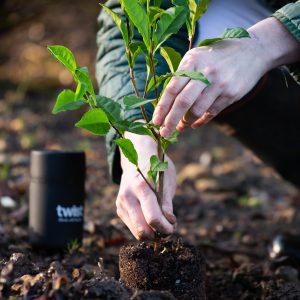 Tea is now grown in many regions across the world and each region produces tea that has its own distinct colour, aroma, and flavour. Currently the largest producers of black tea are India, Sri Lanka, and Africa. The most well-known teas produced in these countries include Assam, Ceylon, Darjeeling and Kenyan teas.
Tea is now grown in many regions across the world and each region produces tea that has its own distinct colour, aroma, and flavour. Currently the largest producers of black tea are India, Sri Lanka, and Africa. The most well-known teas produced in these countries include Assam, Ceylon, Darjeeling and Kenyan teas.
The two types of black tea used most often in Twist Tea blends are Assam and Ceylon.
What is Assam tea?
Assam tea is tea grown in the Assam region of India. Bordered by Bangladesh and Bhutan, the region has a climate ideal for tea production: cool, dry winters, and a warm, humid rainy season. Widely considered to be of a very high quality, Assam tea is often used in popular ‘everyday’ tea blends as it has a rich, full-bodied taste.
Assam tea is used in several Twist Teas blends including Twenty Four Seven, Double Black, Breakfast Boost, Orange Chai and Sweet Chai of Mine.
Ceylon tea is tea cultivated on the island of Sri Lanka, formerly known as Ceylon. Offering a variety of flavour and colour due to the range of altitudes that it is grown on, Ceylon tea is known for its versatility. Ceylon tea is traditionally used in English breakfast tea blends as it has the strength desired to accompany a full English breakfast.
Ceylon tea is a favourite at Twist Teas and is used in many blends including Afternoon Perks, Breakfast Boost, Classic Earl, Earl Great, Chocolate Chai, Orange Chai, Vanilla Chai, and All Day Decaf.
At Twist we are passionate about creating top quality premium teas that offer something different than our competitors. Every Twist Tea blend is created from the finest, ethically sourced whole-leaf ingredients, not the dusty dregs you often find in less premium tea brands. Our plastic free tea bags are hand blended in the UK and hand packed in plastic free packaging. Clearly, we believe our black tea is the best available, but which black tea blend is the right one for you?
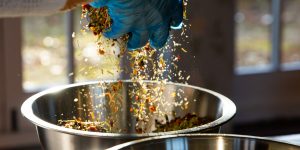
At Twist Teas we have close to 20 black tea blends to choose from and even we sometimes struggle to decide. Here is a selection of our favourites:
English breakfast tea (or Scottish or Irish) is often a blend of full-bodied teas such as Assam, Ceylon and Kenyan. Usually taken with milk, English breakfast tea is believed to be the perfect accompaniment to a full English breakfast.
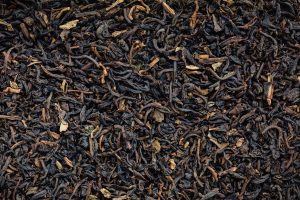 At Twist Teas we have raised the bar with our Breakfast Boost by hand blending Assam and Ceylon black teas, with yerba mate for enhanced mental performance and Siberian ginseng for an additional caffeine hit. The ideal luxury black tea brew to get you up and running in the morning, Breakfast Boost will provide you with an energy lift minus the energy crash that inevitably follows a strong coffee.
At Twist Teas we have raised the bar with our Breakfast Boost by hand blending Assam and Ceylon black teas, with yerba mate for enhanced mental performance and Siberian ginseng for an additional caffeine hit. The ideal luxury black tea brew to get you up and running in the morning, Breakfast Boost will provide you with an energy lift minus the energy crash that inevitably follows a strong coffee.
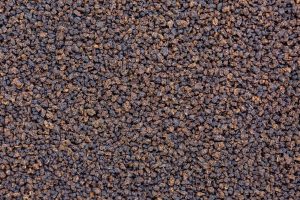 Looking for a black tea blend to give you an energizing boost at any time of the day? Twist’s Twenty Four Seven is a blend of the finest, organic Assam and Kenyan black teas carefully cut to produce a strong and delicious tea in just two minutes. One of our most popular black teas, award-winning Twenty Four Seven has been designed for all-day enjoyment. Think of it as your new go-to black tea blend! Not only is Twenty Four Seven the ideal brew to turn to for a hot cuppa, it also makes the perfect Long Island Iced Tea Cocktail.
Looking for a black tea blend to give you an energizing boost at any time of the day? Twist’s Twenty Four Seven is a blend of the finest, organic Assam and Kenyan black teas carefully cut to produce a strong and delicious tea in just two minutes. One of our most popular black teas, award-winning Twenty Four Seven has been designed for all-day enjoyment. Think of it as your new go-to black tea blend! Not only is Twenty Four Seven the ideal brew to turn to for a hot cuppa, it also makes the perfect Long Island Iced Tea Cocktail.
Earl Grey tea is a black tea, traditionally a Chinese tea such as Keemun, that is flavoured with bergamot. Thought to be named after Charles Grey, the 2nd Earl Grey, and British Prime Minister during the 1830s[iv], Earl Grey tea is reputed to have been created to disguise the flavour of the water at the Earl’s home.
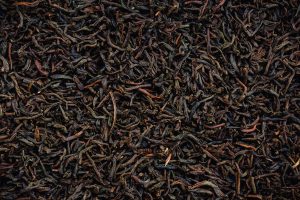
Classic Earl is Twist’s take on this all-time great tea. Our award-winning brew combines high-grown Sri Lankan tea with smoky Chinese Keemun black tea and natural Bergamot flavouring. Infuse in boiling water for 3-5 minutes and enjoy with or without milk.
If you love Classic Earl, you will also want to try Earl Great to see how Twist takes this elegant tea to the next level.
Best Chai tea
Chai, or spiced tea, became popular in South Asia in the early twentieth century. It is made from boiling black tea, ideally a full-bodied type such as Assam, in milk and water with cinnamon, cardamom, cloves, ginger and peppercorns.
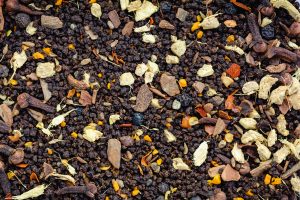 To create our aromatic Sweet Chai of Mine we hand-blend Assam tea with traditional spices as well as turmeric, for a modern Twist. Simply immerse a Sweet Chai of Mine tea bag in boiling water for 3 minutes and serve with milk and sugar or honey. Alternatively, you can make a chai latte by brewing the tea in a third of a cup of boiling water and topping with frothy milk. Delicious!
To create our aromatic Sweet Chai of Mine we hand-blend Assam tea with traditional spices as well as turmeric, for a modern Twist. Simply immerse a Sweet Chai of Mine tea bag in boiling water for 3 minutes and serve with milk and sugar or honey. Alternatively, you can make a chai latte by brewing the tea in a third of a cup of boiling water and topping with frothy milk. Delicious!
If you love Sweet Chai of Mine, you will want to try our other chai teas.
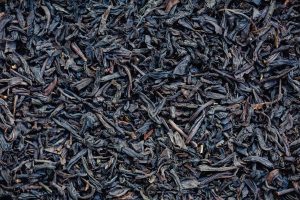 Lapsang Souchong is black tea that has been smoke dried over a fire. Believed to have been created in China during the Qing Dynasty as early as the mid-1600s, Lapsang Souchong has a distinctive aroma and flavour and can be served with or without milk.
Lapsang Souchong is black tea that has been smoke dried over a fire. Believed to have been created in China during the Qing Dynasty as early as the mid-1600s, Lapsang Souchong has a distinctive aroma and flavour and can be served with or without milk.
At Twist we describe our Wholly Smoke as the Marmite of our teas: people either love it or they hate it. If you fancy drinking a bonfire, this is the perfect smoky blend for you! Add some cold Wholly Smoke to a measure of whisky, a touch of maple syrup and a splash of bitters, for a fiery, smoky Old Fashioned.
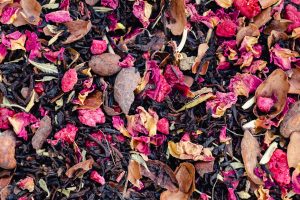 Sometimes a special occasion arises that calls for an exceptional tea blend. At Twist Teas we pride ourselves on our innovative approach to pairing flavours that some may consider unusual. Many of our tea blends feature a Twist, but we think this particular blend is something really special. Raspberry Choc Kiss is a heady combination of Ceylon and Chinese black tea, with the tartness of raspberry, the fragrance of rose petals and a subtle hint of hot chocolate. And just when you think it can’t get any better, there is also a touch of Damiana in this blend, a herb believed to be an aphrodisiac by some indigenous Central and South American cultures.
Sometimes a special occasion arises that calls for an exceptional tea blend. At Twist Teas we pride ourselves on our innovative approach to pairing flavours that some may consider unusual. Many of our tea blends feature a Twist, but we think this particular blend is something really special. Raspberry Choc Kiss is a heady combination of Ceylon and Chinese black tea, with the tartness of raspberry, the fragrance of rose petals and a subtle hint of hot chocolate. And just when you think it can’t get any better, there is also a touch of Damiana in this blend, a herb believed to be an aphrodisiac by some indigenous Central and South American cultures.
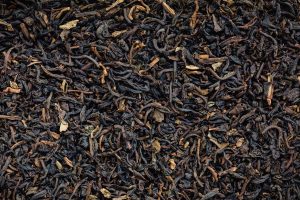 While caffeine is certainly helpful in giving us an energy boost when we most need it, sometimes we need to reduce the amount of caffeine we consume for health reasons, such as during pregnancy, or if we are finding it difficult to sleep. Decaffeinated tea makes it possible to reduce our caffeine intake without abandoning black tea altogether.
While caffeine is certainly helpful in giving us an energy boost when we most need it, sometimes we need to reduce the amount of caffeine we consume for health reasons, such as during pregnancy, or if we are finding it difficult to sleep. Decaffeinated tea makes it possible to reduce our caffeine intake without abandoning black tea altogether.
Twist’s All Day Decaf, another award-winning tea comprises premium, organic Sri Lankan Black Tea treated with liquid carbon dioxide to remove caffeine. This harmless process does not diminish the flavour. Other decaf teas are rinsed in Methylene Chloride, primarily used as an industrial solvent and paint stripper. Fancy a cup? No, us neither…
If you think there are too many to choose from, why not try our pick and mix tasting menu. These offer a great opportunity to try six delicious teas of your choice and they make fabulous gifts for lovers of premium teas.
How good is black tea for you?
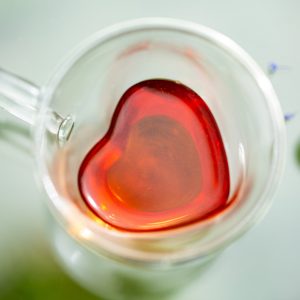 You may ask is it healthy to drink black tea every day? Of course, it is important to stay hydrated by drinking 8+ glasses of water per day, but did you know that tea in moderation (maximum of 3 cups of caffeinated tea) can count towards this requirement? Black tea doesn’t hydrate as well as water, but it does help us to increase our liquid intake, which can only be a good thing.
You may ask is it healthy to drink black tea every day? Of course, it is important to stay hydrated by drinking 8+ glasses of water per day, but did you know that tea in moderation (maximum of 3 cups of caffeinated tea) can count towards this requirement? Black tea doesn’t hydrate as well as water, but it does help us to increase our liquid intake, which can only be a good thing.
Aside from quenching our thirst, a simple cup of black tea can also have some amazing health benefits[v]:
Health benefits of black tea
Heart health – animal studies have shown that an antioxidant present in black tea called theaflavin can help reduce cholesterol, thereby supporting your heart health.
Blood sugar – theaflavin also helps to lower blood sugar levels, good news for those at risk of diabetes.
Gut health – black tea has antimicrobial properties that can help improve your gut health, thereby strengthening your immune system.
Anti-cancer properties – the polyphenols contained in black tea are thought to reduce the risk of developing cancer as they can have an inhibiting effect on cancerous cells.
Energy boosting – black tea also contains an amino acid called L-theanine. L-theanine has been proven to help focus as it facilitates alpha activity within the brain. It is one of the main reasons as to why it is often reported that tea gives a more stable boost of energy in comparison to coffee.
Are there any side effects of black tea?
Black tea naturally contains the stimulant caffeine. Excessive consumption (more than 4-5 cups per day) may result in symptoms including jitteriness, headache, difficulty in sleeping or an irregular heartbeat. If you think you may be sensitive to caffeine, or if you are pregnant, we recommend that you consult your healthcare professional about the quantity of black tea you should consume.
How to make the perfect brew
There is much debate around how to make a good black tea. Is loose leaf best, or are bags just as good? Milk first, or water? What type of milk? Is it ok to sweeten your tea, or completely sacrilegious? We try not to be too judgmental at Twist Teas, but we believe the best way to make the perfect brew is to start with premium tea. After that, all bets are off, but this is how we think the perfect brew is made:
First, fill your kettle with fresh water to boil. Filtered water, such as with a Brita filter as used by the UK Tea Association[vi], will give the best result, but plain tap water is fine too. Fresh water is better than re-boiled water as boiling removes the oxygen from the water and affects the flavour of the tea. Once boiled, pour the water into your tea ware (teapot, cup/mug or travel cup) to warm it up.
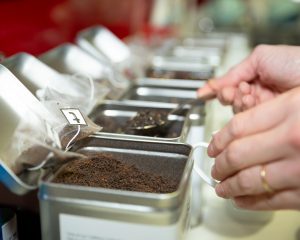 Once your tea ware is warmed (within 1 minute), tip this water out and measure your tea carefully (1 tea bag, or 1 teaspoon of loose-leaf tea per cup). Pour the hot water onto the tea and infuse for the recommended brewing time. Some people may be concerned that putting hot water directly onto tea will burn it, but if you have waited the 1 minute after the water has stopped boiling, the temperature should just about be perfect (approximately 95°).
Once your tea ware is warmed (within 1 minute), tip this water out and measure your tea carefully (1 tea bag, or 1 teaspoon of loose-leaf tea per cup). Pour the hot water onto the tea and infuse for the recommended brewing time. Some people may be concerned that putting hot water directly onto tea will burn it, but if you have waited the 1 minute after the water has stopped boiling, the temperature should just about be perfect (approximately 95°).
Once brewed, remove the tea, and add milk if you prefer. If you have brewed your tea according to our recommended time, there won’t be any bitterness, but if you do like to sweeten your tea that is up to you!
Tea Lattes
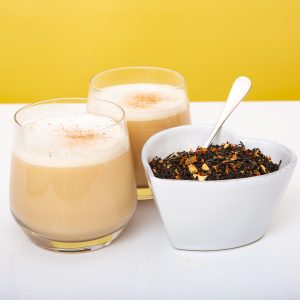 Twist has several teas that work well as tea lattes, particularly our Chai blends. Tea lattes are made by brewing the tea in frothy milk and can be enjoyed both hot, or cold over ice. Recently we converted our Mint Choc Chip into a latte with Sproud, a plant-based milk It was delicious!
Twist has several teas that work well as tea lattes, particularly our Chai blends. Tea lattes are made by brewing the tea in frothy milk and can be enjoyed both hot, or cold over ice. Recently we converted our Mint Choc Chip into a latte with Sproud, a plant-based milk It was delicious!
Cold
Black tea can also taste great cold, especially during the warmer summer months. It can be made easily enough into an iced tea, and with a little extra effort, can be transformed into a Long Island Iced Tea.
Kombucha is another option that uses cold black tea. A fermented drink made from sweetened tea and a culture of bacteria and yeast called a ‘scoby’, kombucha is known to contain probiotics and thought to improve gut health.
Cooking/baking with tea
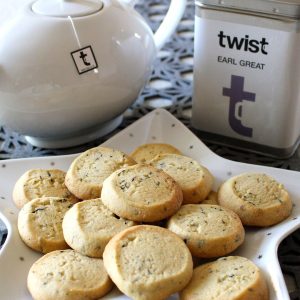 When we think of biscuits or cake and a cuppa, usually we think of these as being the perfect high tea partnership. But what about using tea in the biscuit? Our Earl Great shortbread biscuits use tea as the hero ingredient and the result is gorgeous.
When we think of biscuits or cake and a cuppa, usually we think of these as being the perfect high tea partnership. But what about using tea in the biscuit? Our Earl Great shortbread biscuits use tea as the hero ingredient and the result is gorgeous.
[i] https://www.tea.co.uk/
[ii] http://www.fao.org/economic/est/est-commodities/tea/en/#:~:text=Tea%20is%20the%20world’s%20most,first%20grew%20is%20not%20known.
[iii] For all the tea in China, Sarah Rose, Arrow Books, 2009, p. 29
[iv] https://en.wikipedia.org/wiki/Earl_Grey_tea
[v] https://www.ncbi.nlm.nih.gov/pmc/articles/PMC6512146/
[vi] https://www.ukteaacademy.co.uk/images/UKTAwhitepaper.pdf

